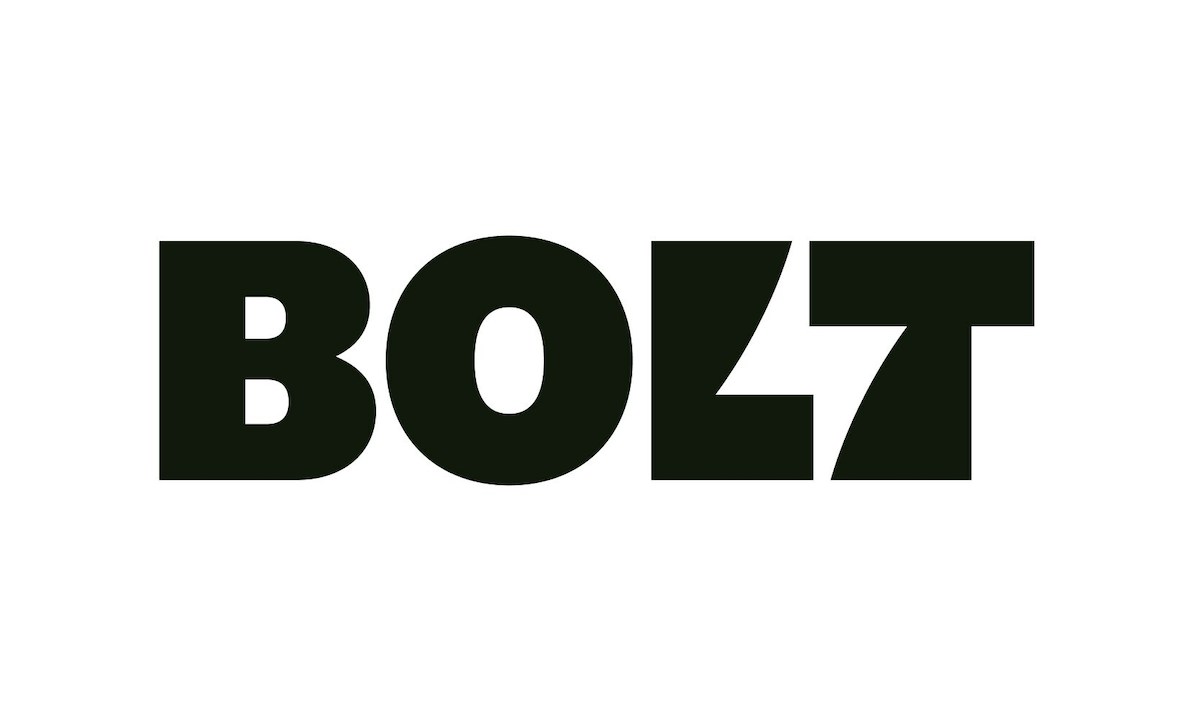In an increasingly interconnected financial landscape, the launch of Bolt’s Super App marks a significant evolution in how consumers manage their finances, integrating both cryptocurrency and traditional fiat systems into one cohesive platform. This innovation is both timely and essential, meeting the growing demand for streamlined financial services and offering users a unified hub for their digital and physical transactions.
Overview of Bolt’s Super App
Initially introduced in beta, Bolt’s Super App has now become widely available for both Android and iOS users. This app aims to consolidate a range of financial activities—such as cryptocurrency trading, peer-to-peer (P2P) payments, and digital banking—into a single, accessible interface. According to the September 25 press release, users can easily fund their accounts via ACH through Plaid, withdraw cash through Allpoint ATMs, and access a range of banking services, including the option for a virtual debit card once they pass the KYC (Know Your Customer) requirements.
Key Features
The Super App boasts an array of features designed with user experience in mind. Here’s a closer look:
Unified Financial Hub: Users can manage both fiat and crypto transactions—helping to eliminate the need for multiple financial applications. This centralization aligns with current consumer preferences, as evident in a PYMNTS Intelligence report indicating that 35% of U.S. consumers are interested in using a single app for their banking and shopping needs.
Cryptocurrency Trading: With trading available for over 40 major cryptocurrencies, the app caters to the growing interest in digital assets. However, users in New York are currently excluded from this feature due to regulatory constraints.
P2P Payments: This feature allows users to send and receive money effortlessly, enhancing both personal and commercial transactions within the app.
Advanced Card Controls: Users gain flexibility in managing their funds with features that allow them to lock or unlock their debit card as needed.
Rewards System: Users can earn base rewards on everyday spending, along with personalized Boost and Super Boost options that optimize rewards based on spending categories. This incentivizes consumer engagement and aligns user behavior with financial reward structures.
AI-Driven Shopping Assistance: Powered by Boost’s artificial intelligence, this feature offers personalized shopping options, enhancing the overall user experience through tailored recommendations.
- Banking Partnership: Bolt collaborates with Midland States Bank, a member of the FDIC, to provide robust banking services alongside its cryptocurrency features powered by Zerohash, a leader in crypto infrastructure.
Market Context
The launch of Bolt’s Super App is particularly relevant in today’s economy, where consumers are increasingly seeking convenience in managing their finances. As shifts towards online banking and cryptocurrency accelerate, there’s a pressing need for versatile solutions that can accommodate diverse financial behaviors in a single platform. The CEO and founder of Bolt, Ryan Breslow, aptly summarizes this intent: “The future of money and commerce isn’t siloed—it’s seamless.”
Consumer Interest and Demographics
Notably, interest in a consolidated financial service platform is especially pronounced among millennials and individuals earning over $100,000 annually. This demographic’s willingness to explore innovative financial solutions indicates a market ripe for disruption. Bolt’s strategic move, therefore, not only positions the company as a leader in fintech but also reflects a deep understanding of consumer trends.
Implications for the Financial Services Landscape
Bolt’s Super App signifies a seismic shift towards integrated financial ecosystems. Traditionally, consumers navigated multiple applications for banking, trading, and shopping, creating silos that hindered efficiency. The Super App’s emergence illustrates the increasing demand for cohesive solutions that simplify financial management.
Moreover, by offering cryptocurrency capabilities alongside conventional banking features, Bolt anticipates the convergence of traditional and digital currencies. This kind of flexibility aligns well with the evolving landscape where numerous consumers are participating in the digital asset space.
Challenges and Considerations
Despite its promising features, Bolt’s Super App will face challenges, particularly in a regulatory environment that varies significantly by state. The exclusion of New York users from crypto trading highlights the ongoing regulatory hurdles that fintech companies must navigate. Additionally, as competition in the super app market intensifies, Bolt must continuously innovate and enhance its offerings to retain user engagement.
Security is another vital consideration. Given the sensitive nature of both financial transactions and personal data, a robust security infrastructure is essential to earn consumer trust. Bolt’s collaboration with Midland States Bank and Zerohash points to an understanding of these imperatives, but ongoing vigilance will be necessary to maintain consumer confidence.
The Future of Bolt’s Super App
Looking ahead, the possibilities for Bolt’s Super App are expansive. As user demand continues to grow for comprehensive financial solutions, the app could evolve to include enhanced features such as investment options, automated financial planning tools, and further integrations with third-party services.
Moreover, consumer feedback will be critical in shaping the app’s future iterations. By actively engaging with its user base, Bolt can refine its offerings to better suit their needs, ensuring sustainability and relevance in an ever-evolving market.
Conclusion
In summary, Bolt’s launch of its Super App represents a significant advancement in the fintech sector, providing a unique solution for the modern consumer who seeks simplicity and efficiency in managing their financial life. By integrating cryptocurrency capabilities with digital banking and shopping features, Bolt is positioning itself as a leader in a rapidly evolving market. The success of this platform will depend on how effectively it can navigate regulatory challenges, ensure robust security, and adapt to the dynamic needs of its users. As Bolt forges ahead, it will undoubtedly play a crucial role in shaping the future of commerce and finance.


:max_bytes(150000):strip_icc()/ENTREPRENEUR-final-5f937601d416459bb7c9d28fe5052b42.png?w=150&resize=150,150&ssl=1)







